How Gene Roddenberry’s Other Star Trek Style Franchise Was Destroyed By Kevin Sorbo
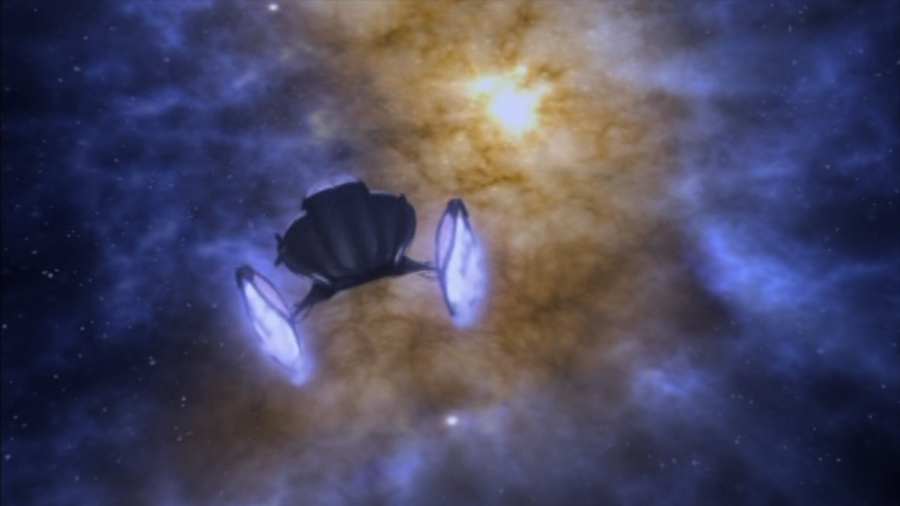
Forgotten in the shadow of Star Trek is Gene Roddenberry’s other sci-fi show, Earth: Final Conflict, a syndicated 90s series that started strong and finished with a whimper. Brought to life after Roddenberry’s passing in 1991, it was his wife, Majel Barrett-Roddenberry, who helped develop the series off of his notes and outlines in a partnership with Tribune Entertainment.
Originally developed by Gene after Star Trek: The Original Series was canceled, bringing the show to life was considered a miracle by sci-fi fans. While the first season of Earth: Final Conflict filled with promise, it all fell apart over backstage disputes, budget issues, and Kevin Sorbo.
Bringing Alien Politics To Earth
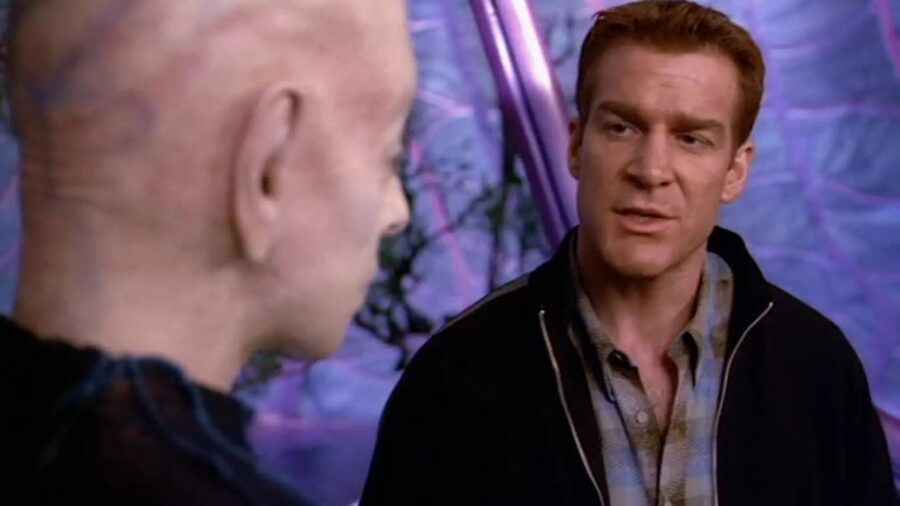
Earth: Final Conflict forgoes the vastness of space for an Earthbound story set years after the Taelons arrived, calling themselves “Companions” and elevated Earth with the gift of advanced technology, but not everyone trusts the new arrivals have good intentions. A resistance movement is stirring against the Taelons, led by Jonathan Doors.
William Boone, a police officer who saves a Taelon from an assassination attempt, becomes a Protector and is secretly a member of the Resistance. There are betrayals, double-crosses, multiple conspiracies, and an ever-increasing cast of Taelons, Earthlings, and even other aliens. All of this should have set up a fascinating series focused on political intrigue similar to Babylon 5.
The Inconsistency Of Earth: Final Conflict
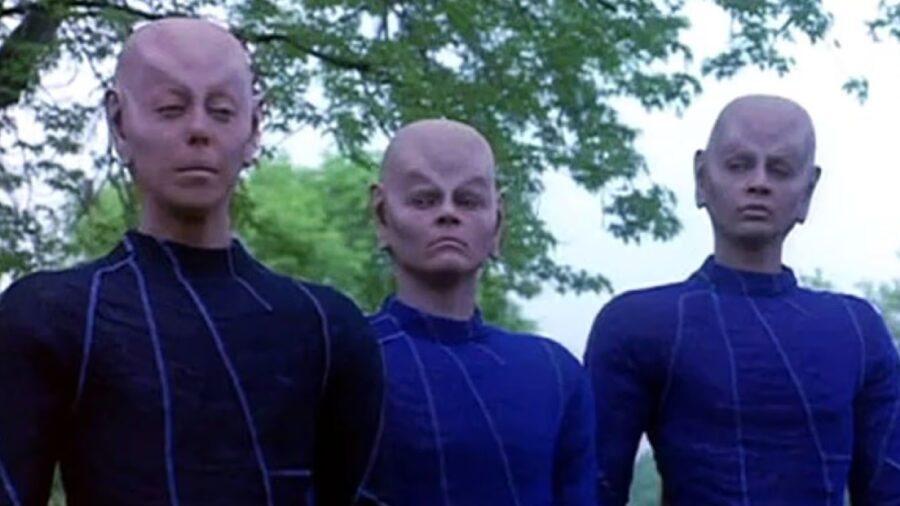
Or it would have except that following Season 1. Kevin Kilner, who led Earth: Final Conflict as Boone, left the series over a contract dispute. Then Majel Barrett-Roddenberry stepped down as a producer.
This was the start of the rotating cast issues, which persisted until the very end of Season 5 and made it impossible for fans to remain attached to any of the characters. Replacing Boone as the ostensible lead of the show was Liam Kincaid, played by Robert Leeshock, a human/kimerean hybrid who aged rapidly into a middle-aged man in a version of the worst sci-fi trope writers need to stop using.
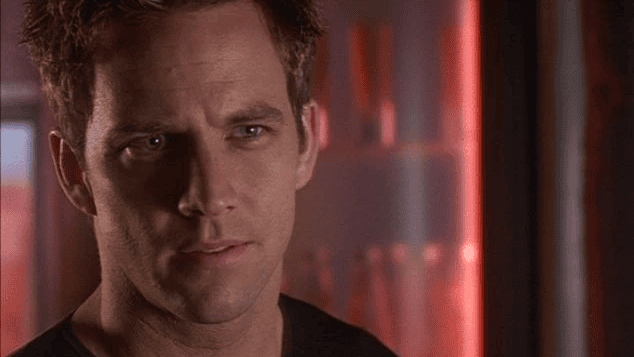
Needless to say, this change went over like a lead balloon. Even Majel Barret-Roddenberry commented on how poor the writing became in Season 2. Viewers left the series in droves, pushing Earth: Final Conflict towards cancellation when it was retooled again for the launch of Season 3. More cast members were let go over contract disputes, unhappy over each season coming with a progressively smaller budget, and Tribune Entertainment rapidly lost patience with the production, choosing instead to focus on their new show, Andromeda.
Abandoned For The Shiny New Toy
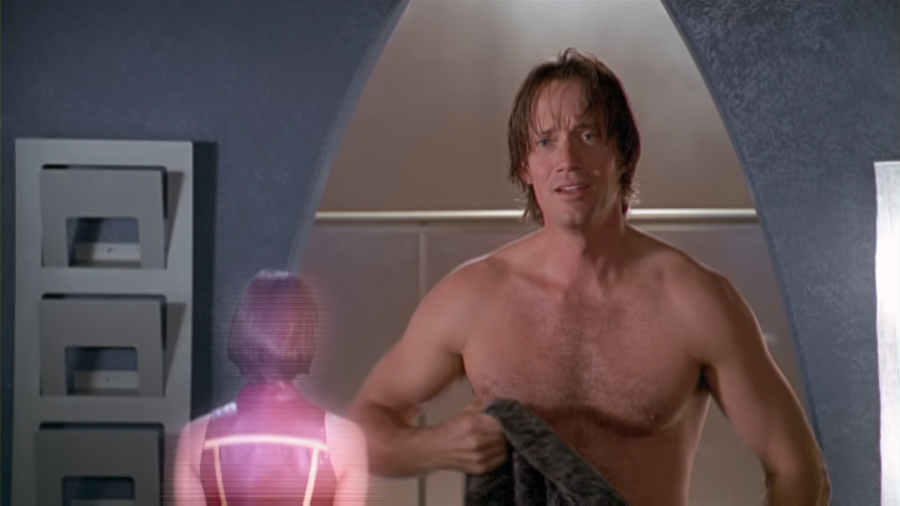
Starring Kevin Sorbo in his first post-Hercules role, Andromeda had the attention of the media, and so Tribune Entertainment pulled writers and crew off of Earth: Final Conflict to their new syndicated crown jewel. The result was that Season 4 ended with a cliffhanger, in which it wasn’t clear who lived or who died, just in case any of the cast decided not to return for Season 5.
The budget for the next season was less than a quarter of the first season. The Taelon conspiracy was eliminated, the leads changed again, and the focus was on fighting a covert war against the Atavus, essentially a race of “energy vampires” that were a precursor to the Taelons.
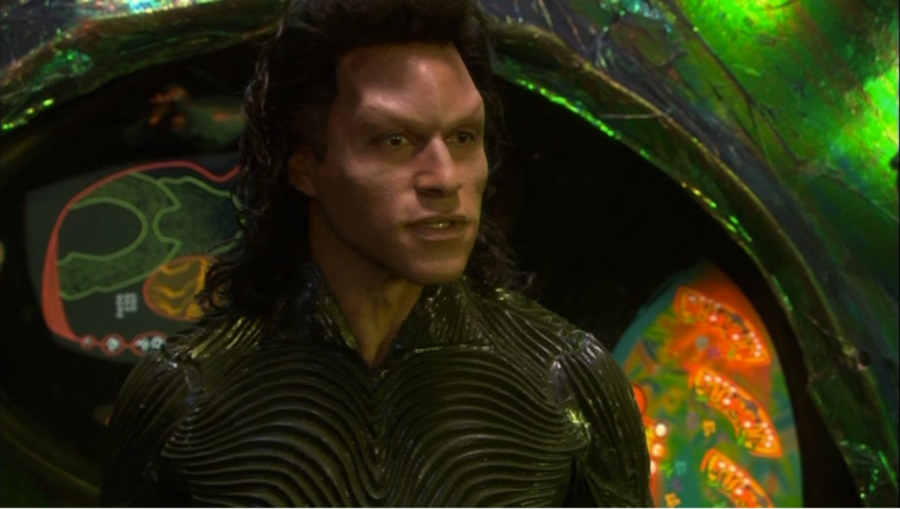
The show, which started out so strong in Season 1, ended with a whimper after abandoning the original story outline from Gene Roddenberry and, not coincidentally, a tiny fraction of its original fanbase.
Earth: Final Conflict is streaming for free on Tubi and Pluto TV, and if nothing else, Season 1 is a fascinating sci-fi tale of politics and mysteries, and the truly unknowable Taelons are a standout of the genre. It’s also a reminder of what could have been, if not for corporate cost-cutting and a desire to rush results instead of letting a show develop organically and take the time to tell its story the right way.


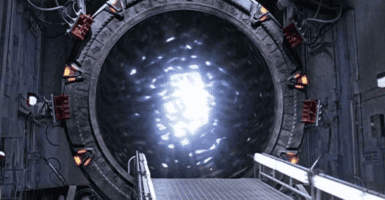






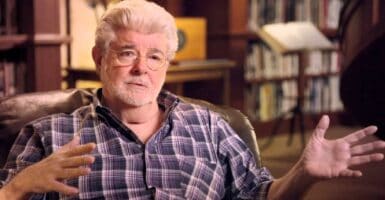



Login with Google